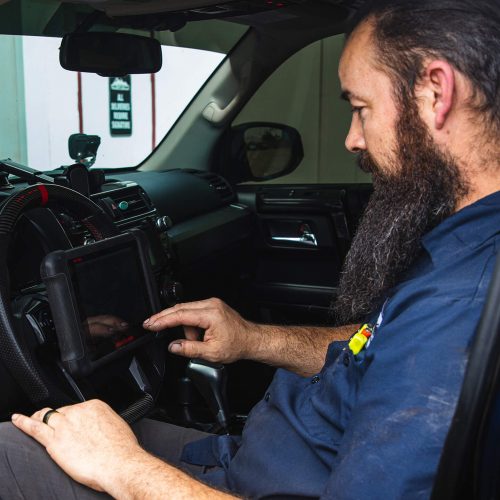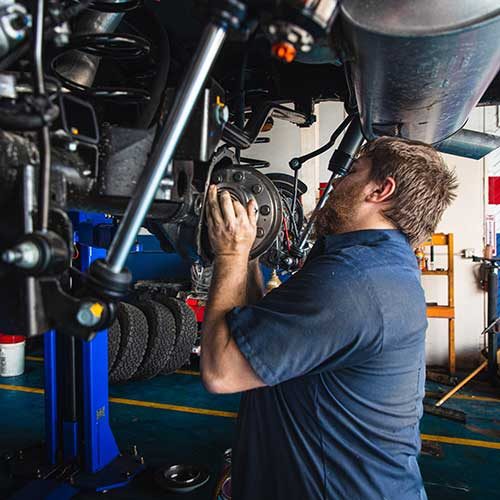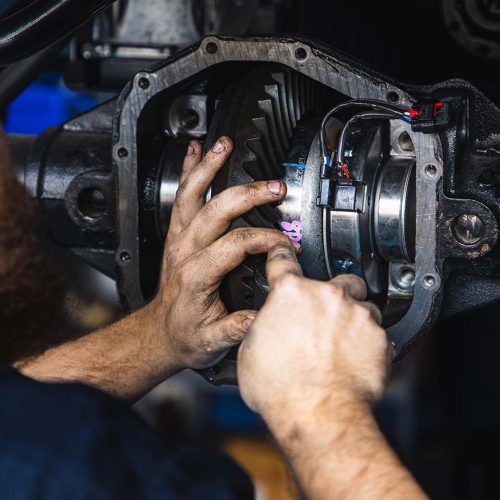Scheduled Maintenance
Keep your vehicle running smoothly with Scheduled maintenance.
The Importance of scheduled Maintenance
Improved performance and fuel efficiency
Scheduled maintenance can improve a car’s performance and fuel efficiency by ensuring that all components are in proper working order and any issues are addressed promptly.
Increased safety and reliability
Scheduled maintenance can prevent breakdowns and costly repairs by catching and addressing small issues before they become major problems that require extensive repairs or replacement of components.


Prevention of breakdowns and costly repairs
Prevent breakdowns and costly repairs by catching and addressing small issues before they become major problems that require extensive repairs or replacement of components.
Longer lifespan for your vehicle
A car that receives proper maintenance throughout its lifespan, including timely repairs and replacements, is likely to have a longer lifespan than one that is neglected or poorly maintained.
WHAT GETS CHECKED ON SCHEDULED MAINTENANCE
individual to vehicle scheduled maintenance
Individual-to-vehicle scheduled maintenance refers to the customized maintenance plan created for a specific vehicle based on its make, model, age, usage, and condition, among other factors. This plan outlines the specific maintenance tasks that should be performed at regular intervals to keep the vehicle running smoothly and safely and to prevent potential issues or breakdowns
By tailoring the maintenance plan to the individual vehicle’s needs, owners can ensure that their car receives the appropriate care and attention, which can help prolong its lifespan and avoid costly repairs down the line.

Breakdown of common things that get checked
During scheduled maintenance of a vehicle, common components that get checked include
Belts
essential components that keep your vehicle running smoothly and efficiently.
Importance of Inspecting and Replacing Belts
Belts are crucial to prevent breakdowns and ensure the proper functioning of various systems such as the alternator, water pump, power steering pump, and air conditioning compressor. Signs of belt wear and damage, such as cracking, fraying, glazing, and squeaking, should be addressed promptly to prevent belt failure and damage to other engine components.
Neglecting belt maintenance can lead to costly repairs down the line and compromise the safety and reliability of your vehicle. By scheduling regular belt inspections and replacements as recommended by the vehicle manufacturer, you can ensure that your vehicle runs smoothly and efficiently for years to come.

